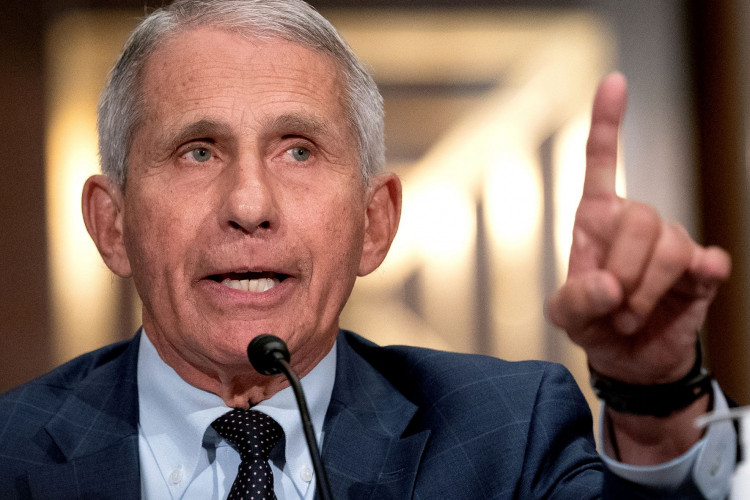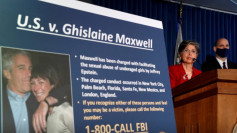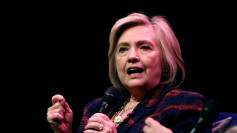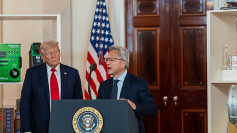Dr. Anthony Fauci, the former Director of the National Institute of Allergy and Infectious Diseases, faced intense scrutiny on Monday as he testified before the House Oversight Select Subcommittee on the Coronavirus Pandemic. The session, marked by heated exchanges and partisan tensions, centered on Fauci's handling of the COVID-19 pandemic and his views on the virus's origins.
Fauci began his testimony by addressing allegations that he attempted to suppress the theory that COVID-19 originated from a lab leak in Wuhan, China. "I never sought to suppress the lab leak theory," Fauci stated emphatically. He explained that his early communications with international scientists in January 2020 involved discussions about the genomic sequence of the virus, which initially raised concerns about potential lab manipulation. However, further analysis led most experts to conclude that the virus likely originated from an animal reservoir.
During the hearing, Fauci was grilled by lawmakers on a range of pandemic-era policies, including business closures, mask mandates, and social distancing rules. Representative Michael Cloud (R-Texas) questioned the justification for such measures. Fauci defended the decisions, stating, "We were trying to stop the tsunami of deaths that were occurring early on. How long you kept them going is debatable."
Fauci also clarified his role in the establishment of the six-foot social distancing guideline, which he attributed to the Centers for Disease Control and Prevention (CDC). "The CDC was responsible for those guidelines for schools, not me," Fauci said, noting that the recommendation was based on studies of droplet transmission, which was believed to be the primary mode of spread at the time.
Rep. Marjorie Taylor Greene (R-Ga.) took a confrontational approach, refusing to address Fauci as "doctor" and accusing him of not deserving his medical license. Greene's comments prompted a point of order from Rep. Jamie Raskin (D-Mass.), who insisted on proper decorum. Chairman James Comer (R-Ky.) instructed Greene to use Fauci's appropriate title. Despite the contentious atmosphere, Fauci remained composed, reiterating his commitment to the scientific method.
Fauci faced further questioning about vaccine mandates and their effectiveness. He asserted that vaccines have saved countless lives, although he acknowledged that their ability to prevent infection waned over time. "In the beginning, it clearly prevented infection in a certain percentage of people, but the durability of its ability to prevent infection was not long," he explained.
The hearing also touched on personal attacks and the spread of conspiracy theories. Rep. Robert Garcia (D-Fla.) apologized to Fauci for the hostile treatment from some committee members, sharing his personal loss of both parents to COVID-19. "I take this very personally, especially when other members of this body attack medical professionals like you," Garcia said.
Rep. Nicole Malliotakis (R-N.Y.) questioned Fauci about the lab leak theory. Fauci responded that while the theory itself is not a conspiracy, the distortions surrounding it are. He dismissed the notion that he had a covert role in suppressing discussions about the theory, likening such claims to a fictional narrative.
Throughout the hearing, Fauci addressed the ongoing threats to his safety. "Every time somebody gets up and says I'm responsible for the deaths of people throughout the world, I get threats," he revealed in response to a question from Rep. Debbie Dingell (D-Mich.).
Fauci's testimony highlighted the challenges faced by public health officials during the pandemic and the enduring political divide over the response. While the Republican-led subcommittee has focused on probing the origins of the virus and the government's actions, Democrats emphasized the importance of preparing for future outbreaks.
In his closing remarks, Fauci reiterated his dedication to science and public health. "I am a scientist who uses the scientific method to gain information," he stated, defending his decisions as being based on the best available evidence at the time.






